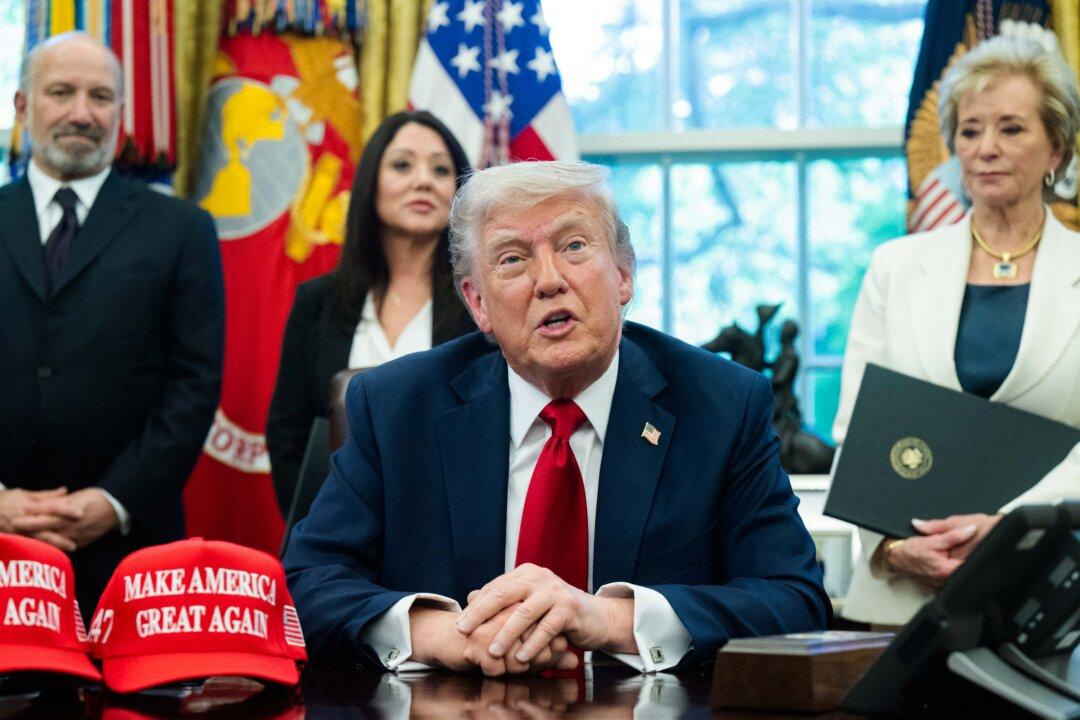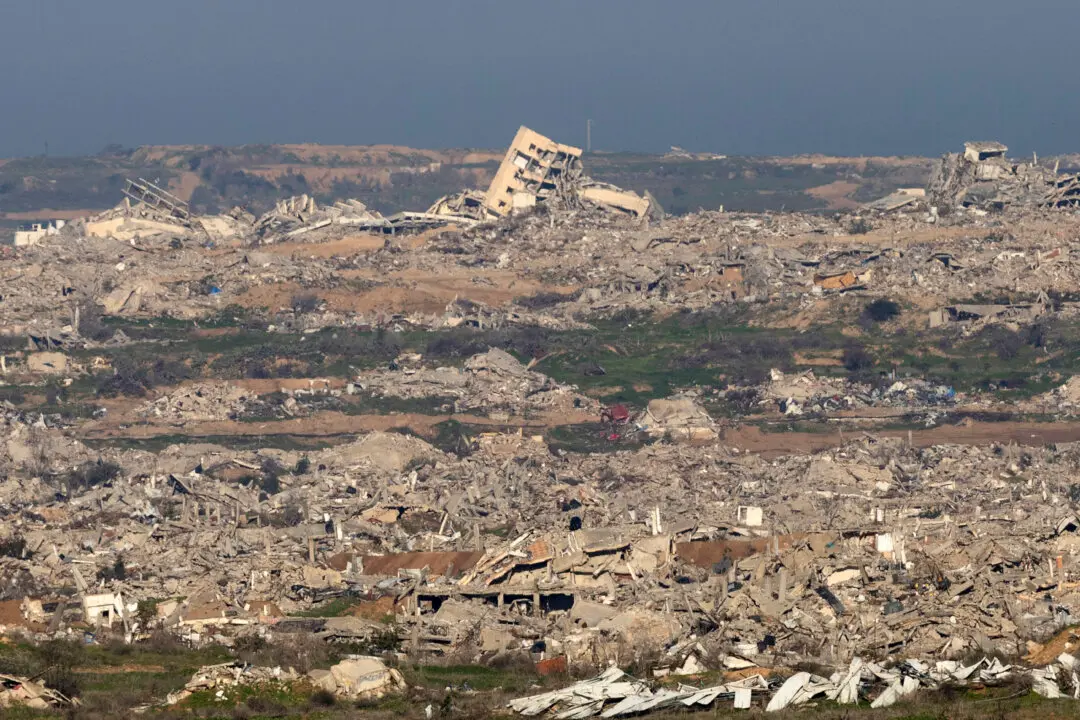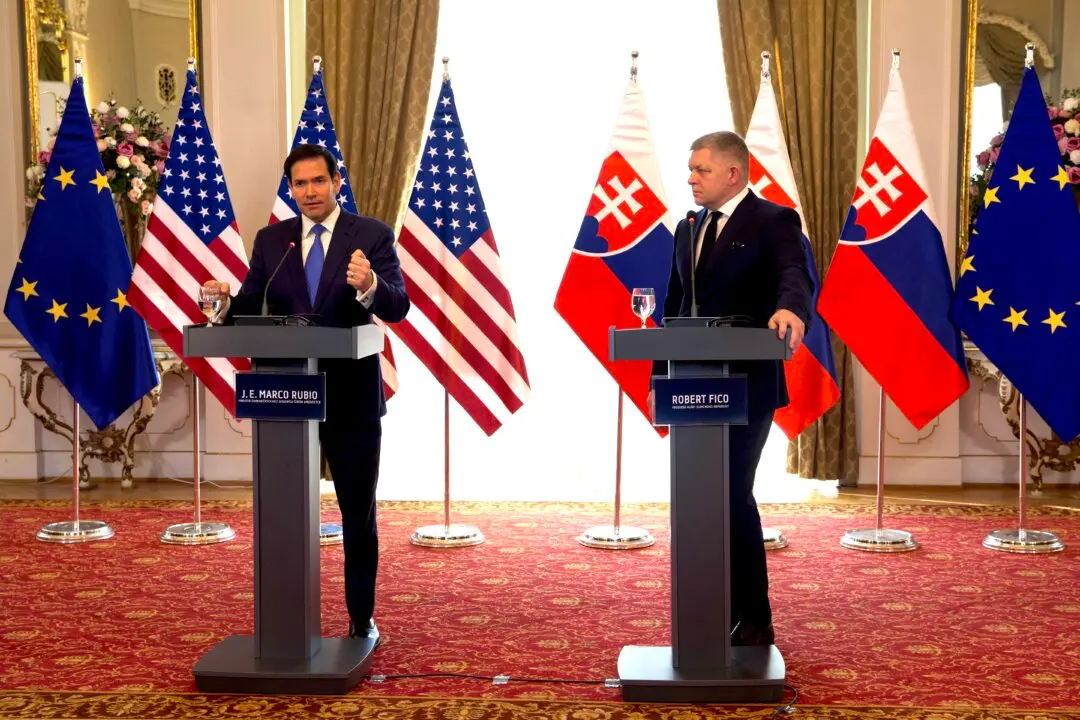President Donald Trump signed an executive order on April 24 fast-tracking a new industry, offshore deep-sea mineral mining in the Pacific Ocean.
Trump’s order, titled “Revitalizing American Dominance in Deep Seabed Minerals,” seeks to rapidly develop America’s ability to explore, collect, and process critical deep-seabed minerals. It directs the commerce secretary to surge the exploration and private sector permitting for deep-sea mining off the U.S. Outer Continental Shelf.





